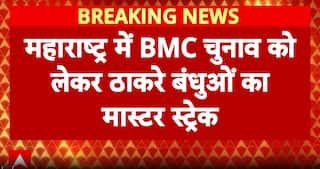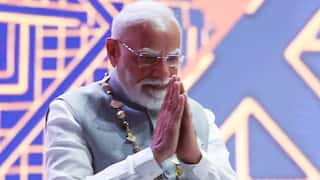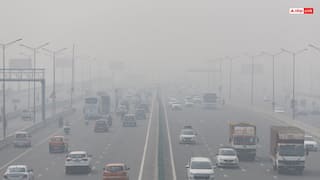Bangladesh's Inflation Hits 12-Year High In July Amid Student Protests And Political Turmoil
Bangladesh inflation: The latest data, released on Monday, revealed that food inflation skyrocketed to a record 14.10 per cent, while non-food inflation also surged to 9.68 per cent

Bangladesh's inflation rate soared to a 12-year high in July, reaching 11.66 per cent, driven by widespread unrest due to massive student protests over a controversial job quota system, according to the Bangladesh Bureau of Statistics. The latest data, released on Monday, revealed that food inflation skyrocketed to a record 14.10 per cent, while non-food inflation also surged to 9.68 per cent.
This marked a significant increase from June's figures, where overall inflation was 9.72 per cent, with food inflation at 10.42 per cent and non-food inflation at 9.15 per cent.
The previous peak in general inflation was 9.94 per cent, recorded in May. The sharp rise in prices comes as the country grapples with political instability following widespread protests led by the Anti-Discrimination Student Movement. Initially, the protests demanded reforms to the quota system in government jobs but escalated into broader demands, including the resignation of Prime Minister Sheikh Hasina.
Following intense nationwide protests, Hasina, 76, resigned and fled to India last week. An interim government has since been formed, headed by Chief Adviser Muhammad Yunus, an 84-year-old Nobel laureate.
The protests have led to significant violence, with over 230 people killed in clashes across the country following the fall of the Hasina government on August 5. The death toll has now risen to 560 since the protests began in mid-July.
The turmoil has also severely disrupted the country's infrastructure. Curfews and internet shutdowns were imposed for several days in July, leading to supply chain disruptions and hampering the operations of businesses and individuals alike. Rail and port services were also significantly affected.
In its latest economic forecast, the Mastercard Economic Institute (MEI) warned that Bangladesh is likely to face further economic challenges. The institute projects a decline in GDP growth to 5.7 per cent in the fiscal year 2025, alongside a slight easing of inflation to 8 per cent, following a rise to 9.8 per cent in FY24.
As Bangladesh navigates this period of political and economic uncertainty, the impact on the broader economy remains to be seen.






































